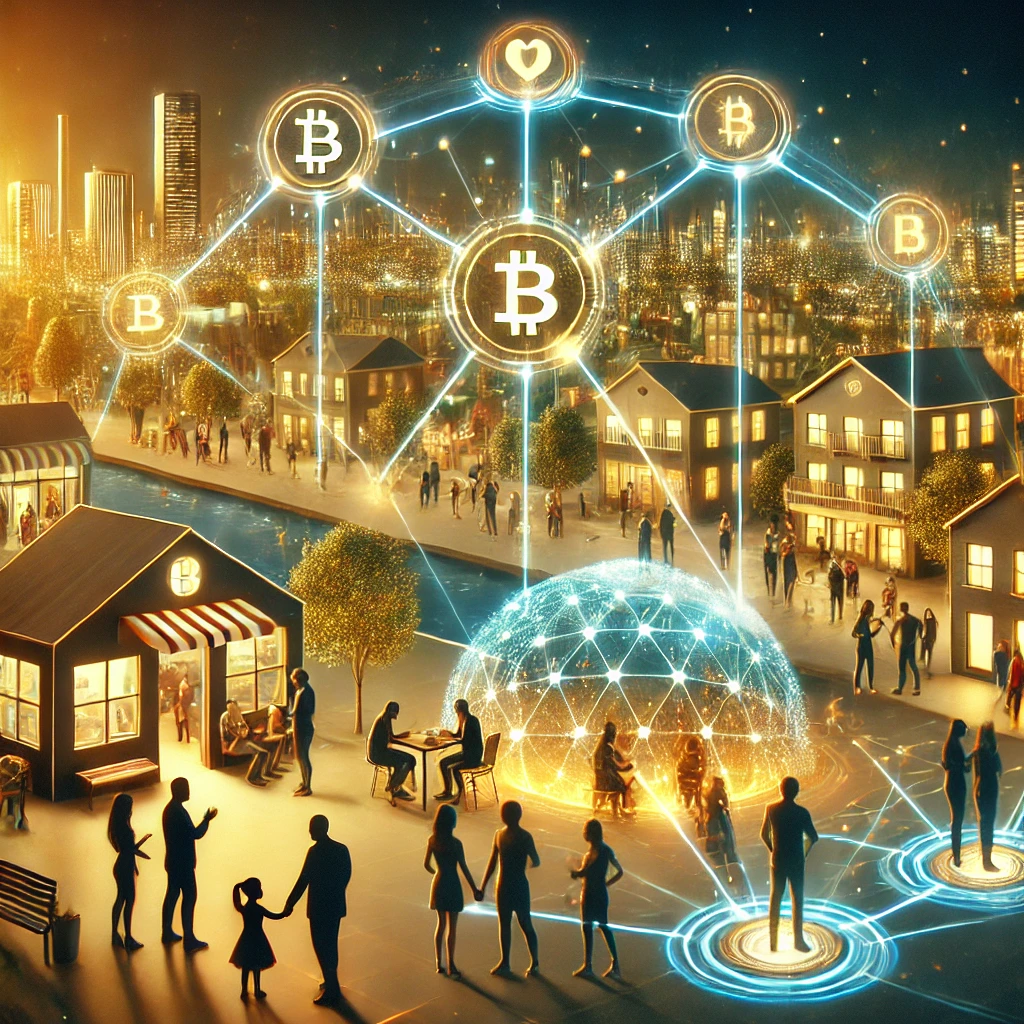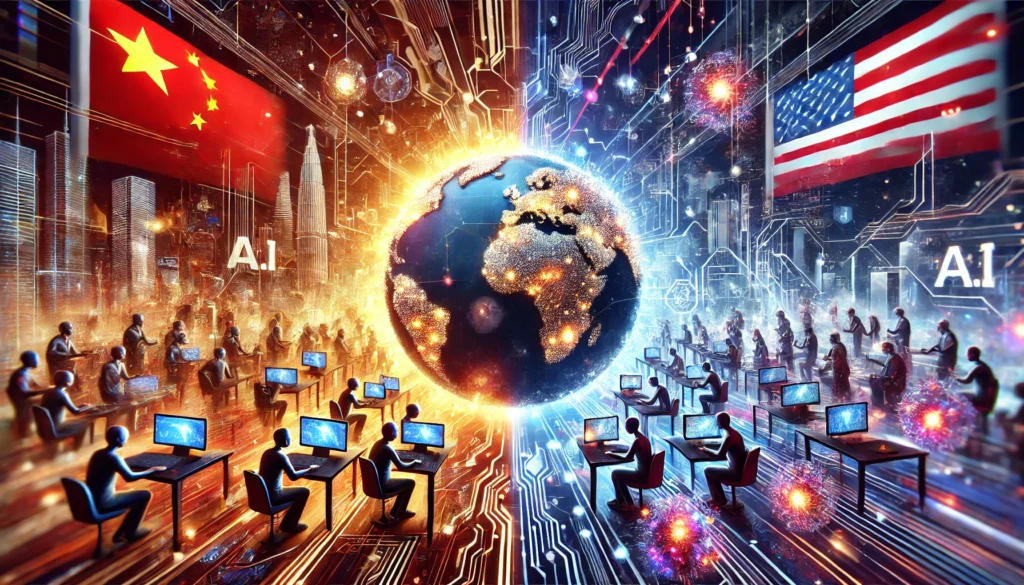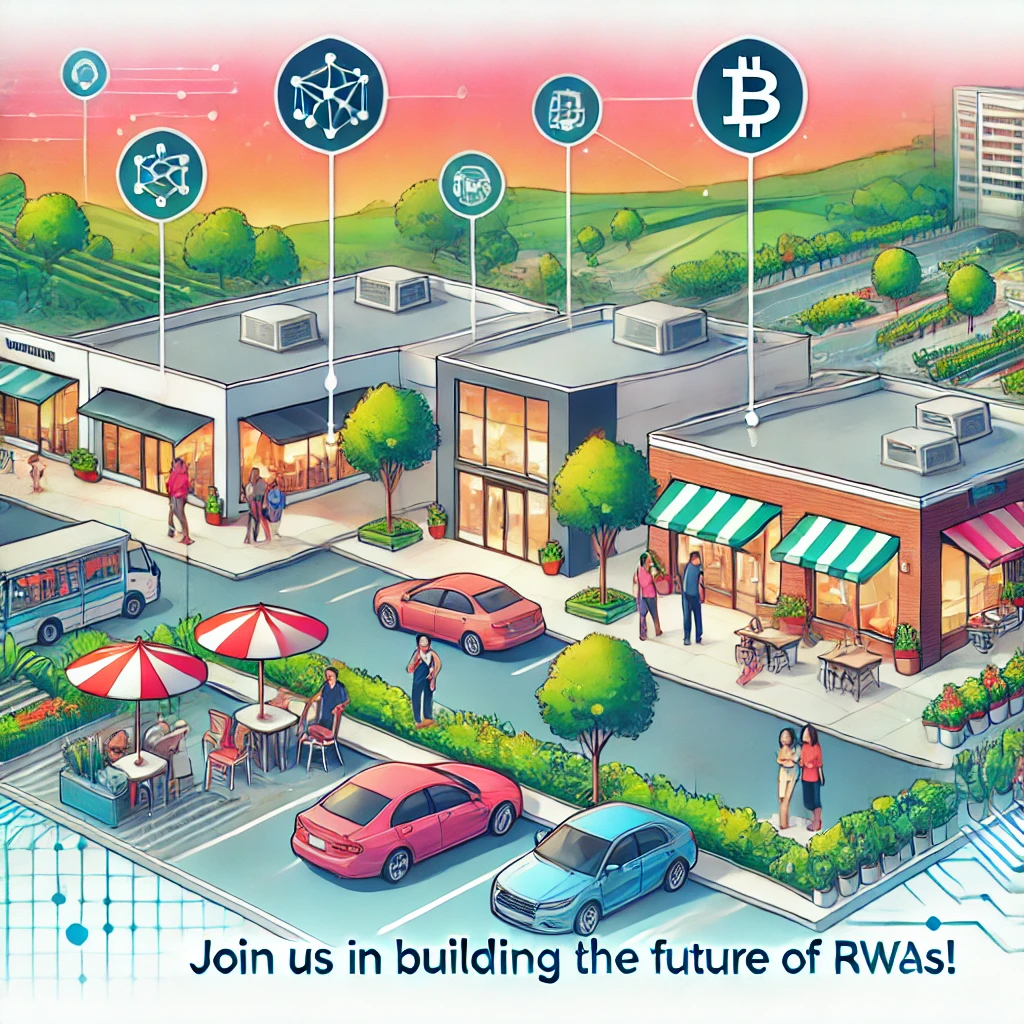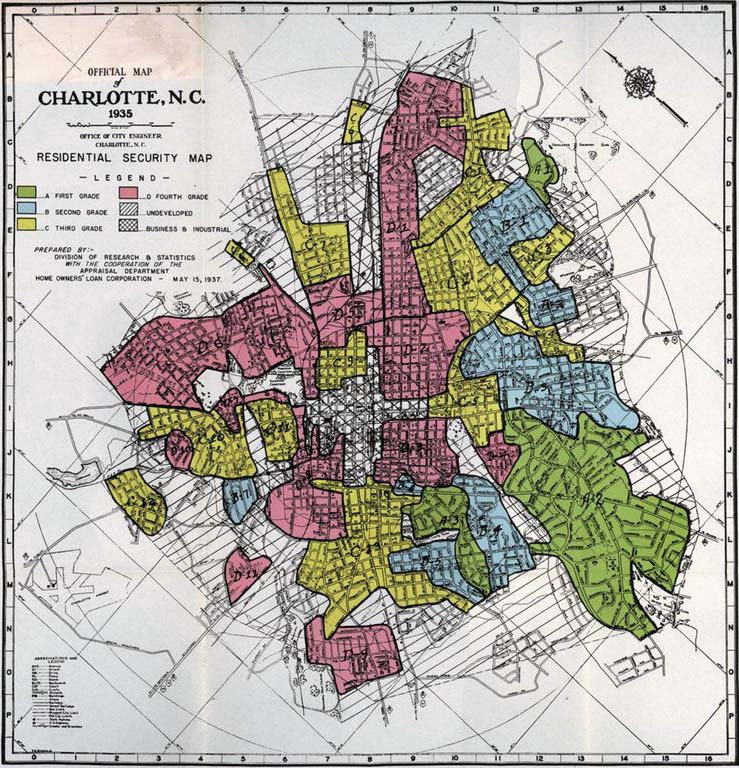What is Blockchain Technology

Blockchain Technology is a way of storing information in a digital ledger that is distributed across many different computers, making it very secure and difficult to tamper with.
Each block in the chain contains a unique set of data, such as a record of a transaction. Once a block is added to the chain, it cannot be changed or deleted, and all the other blocks in the chain are updated to reflect the new addition. This means that the entire history of transactions is always available, transparent, and accurate.
To maintain the security and integrity of the blockchain, transactions are verified by a network of users instead of a central authority, such as a bank or government. These users are incentivized to participate in the network by receiving rewards in the form of cryptocurrency, like Bitcoin, Ethereum, and others.
Overall, blockchain technology provides a way to securely store and transfer data without relying on a central authority, making it useful for a variety of applications such as financial transactions, business, real estate, supply chain management, and digital identity verification.
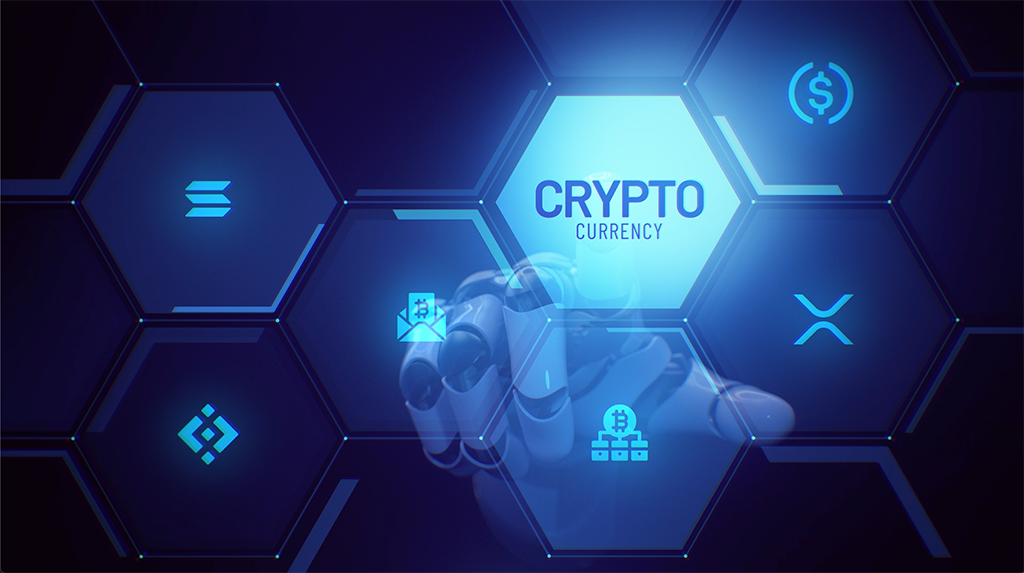

Revolutionize Industries
Blockchain technology has the potential to revolutionize various sectors and bring about increased transparency, security, and efficiency. Here are some ways it can be used in different fields:
Financial Transactions
- Financial Transactions: Blockchain can enable faster and more secure cross-border payments, eliminating the need for intermediaries like banks.
- Smart contracts can be utilized to automate transactions and ensure their execution once certain conditions are met.
Business
- Blockchain can streamline business processes by providing a transparent and tamper-proof record of transactions, contracts, and agreements.
- It can enhance supply chain management by tracing the origin and movement of goods, reducing fraud, and ensuring the authenticity of products.
Real Estate
- Blockchain can simplify property transactions by digitizing and storing property records in a decentralized manner.
- Distributed Ledgers enable more efficient title transfers, reduce fraud, and increase trust between parties involved in real estate transactions.
Supply Chain Management
- Blockchain can create a decentralized and immutable ledger that tracks the entire lifecycle of a product, from its origin to the end consumer.
- It enhances transparency, enables real-time tracking, reduces counterfeiting, and improves trust among participants in the supply chain.
Digital Identity Verification
- Blockchains can provide a secure and decentralized system for digital identity verification that allow individuals to have control over their personal information.
- Blockchain technology can help combat identity theft, streamline user authentication processes, and enable secure access to various services.
These are just a few examples of how blockchain technology can be applied in different sectors. Its potential is vast and continues to be explored by innovators worldwide.


 English
English 
